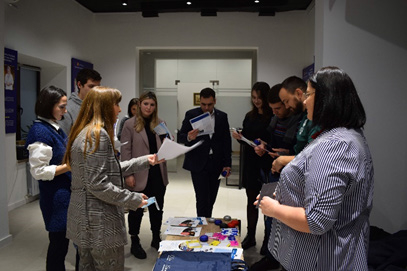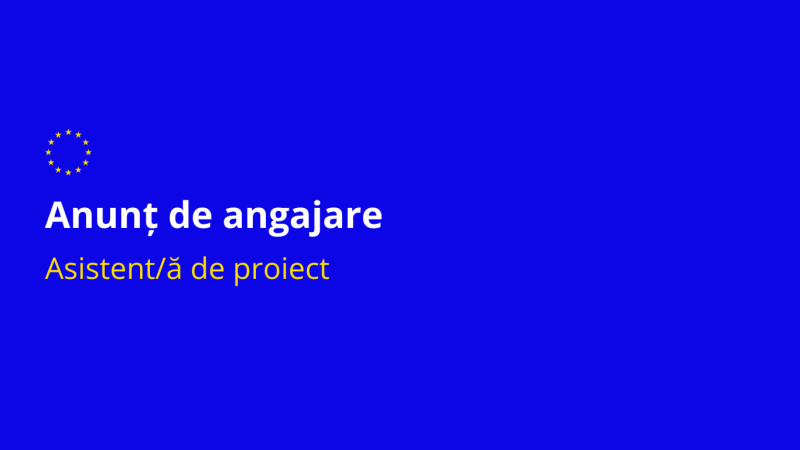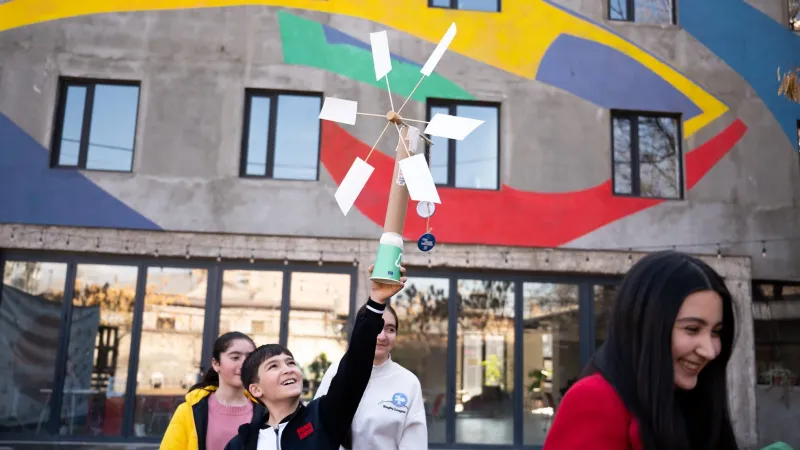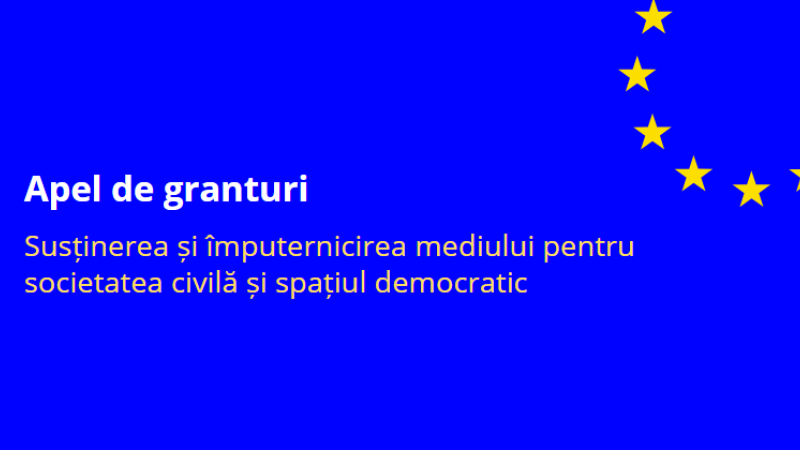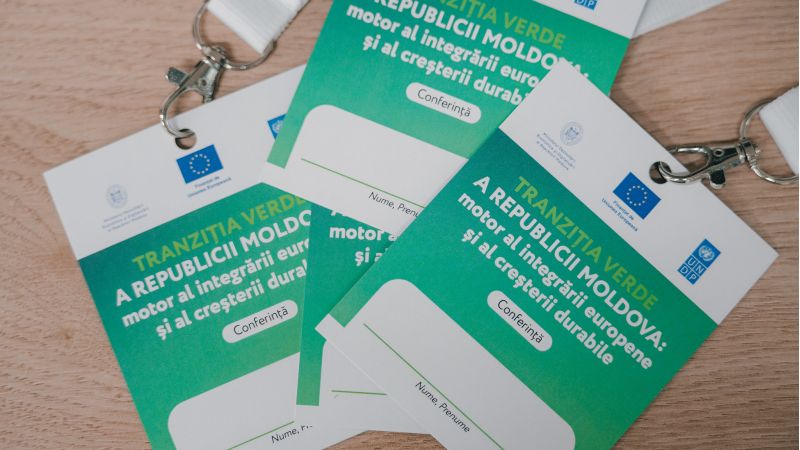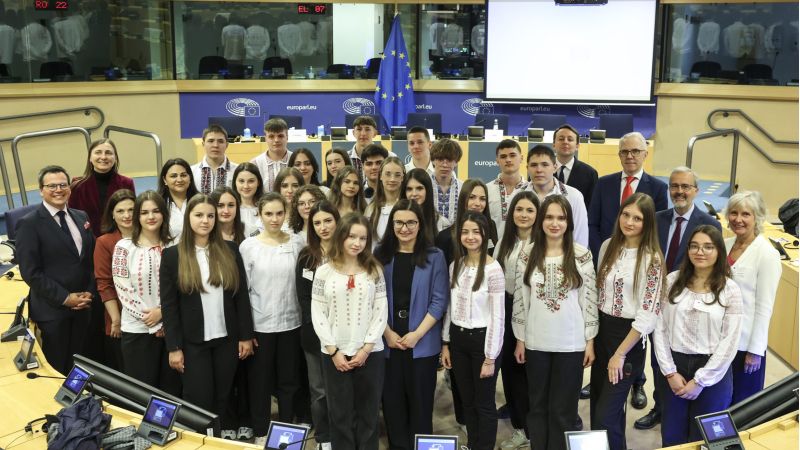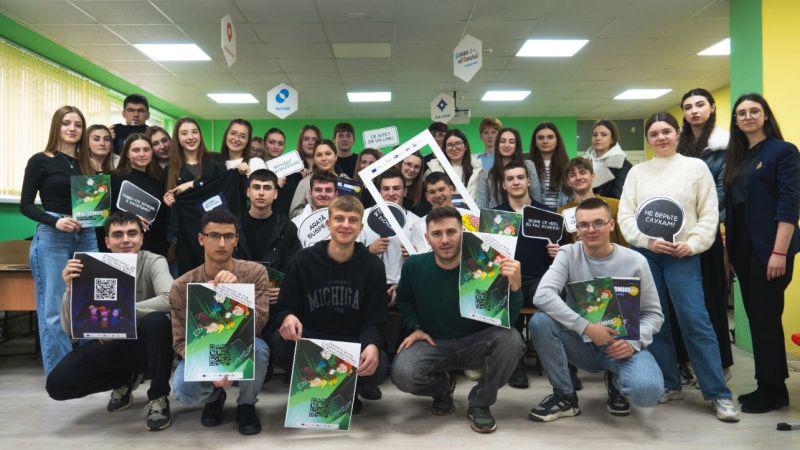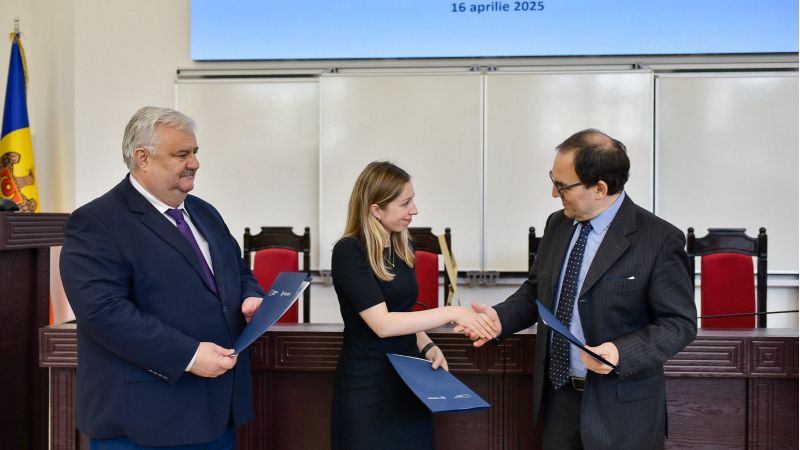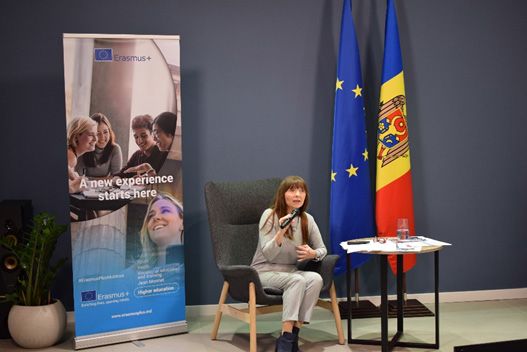
NOI OPORTUNITĂŢI PENTRU INSTITUŢIILE DIN ÎNVĂŢĂMÂNTUL PROFESIONAL TEHNIC ÎN CADRUL PROGRAMULUI ERASMUS+
Noul cadru al programului Erasmus+ 2021- 2027 a deschis oportunități pentru instituțiile din învățământul profesional tehnic din Republica Moldova. Astfel acestea pot participa la proiecte de consolidare a capacităților în domeniul de educație și formare profesională (Capacity Building in the field of Vocational Education and Training – CBVET), dar și la mobilitățile internaționale de credite (International Credit Mobilities – ICM).
Proiectele de consolidare a capacităților prevăd acțiuni de cooperare internațională, bazate pe parteneriate multilaterale între organizațiile active în domeniul de educație și formare profesională din țările asociate la programul Erasmus+ (statele UE, Islanda, Macedonia de Nord, Turcia, Norvegia, Serbia și Liechtenstein) și din țările terțe care nu sunt asociate la program, cum este Republica Moldova. Acestea urmăresc să susțină relevanța, accesibilitatea și capacitatea de adaptare ale instituțiilor de educație și formare profesională din țări terțe care nu sunt asociate la program, ca motor al dezvoltării socio-economice durabile.
Începând cu anul 2022, proiectele de mobilitate internațională de credite sunt accesibile pentru instituțiile din învățământul profesional tehnic din Republica Moldova. Astfel este sprijinită o gamă largă de activități de mobilitate, inclusiv observarea directă la locul de muncă, cursurile de dezvoltare profesională pentru personal, stagiile, activitățile experților invitați și altele. La etapa inițială, în cadrul proiectelor respective se vor desfășura mobilități ale staff-ului din instituțiile UE spre cele din Republica Moldova.
Oficiul Național Erasmus+ în Moldova a organizat în ianuarie-martie, sesiuni de întrebări și răspunsuri pentru colegiile, școlile profesionale și centrele de excelență din țară care și-au declarant intenția de a participa în proiectele CBVET și ICM din cadrul apelului Erasmus+ 2022.
Erasmus+ este programul UE pentru educație, formare, tineret și sport în Europa. Noul program Erasmus+ 2021-2027 a fost aprobat cu un buget de 26,2 miliarde euro – aproape dublu față de cel din ediția 2014-2020. Astfel, Erasmus+ va susține mobilitățile de studii și proiectele de cooperare transfrontalieră pentru 10 milioane de beneficiari de toate vârstele din întreaga lume. Programul își propune să devină mai incluziv, mai digital și mai verde, să susțină reziliența procesului educației în condiții pandemice, încurajând în același timp cetățenia activă și o participare mai dinamică la viața democratică.
